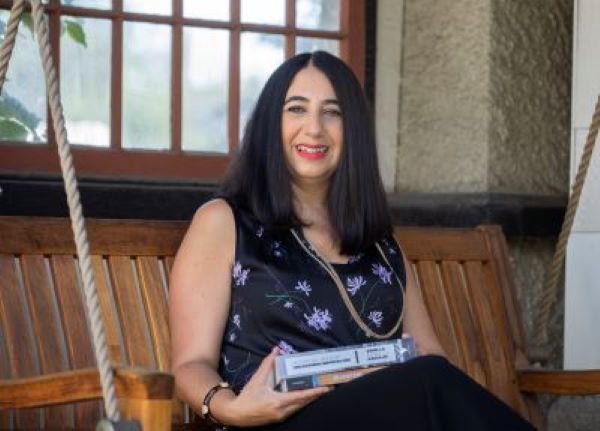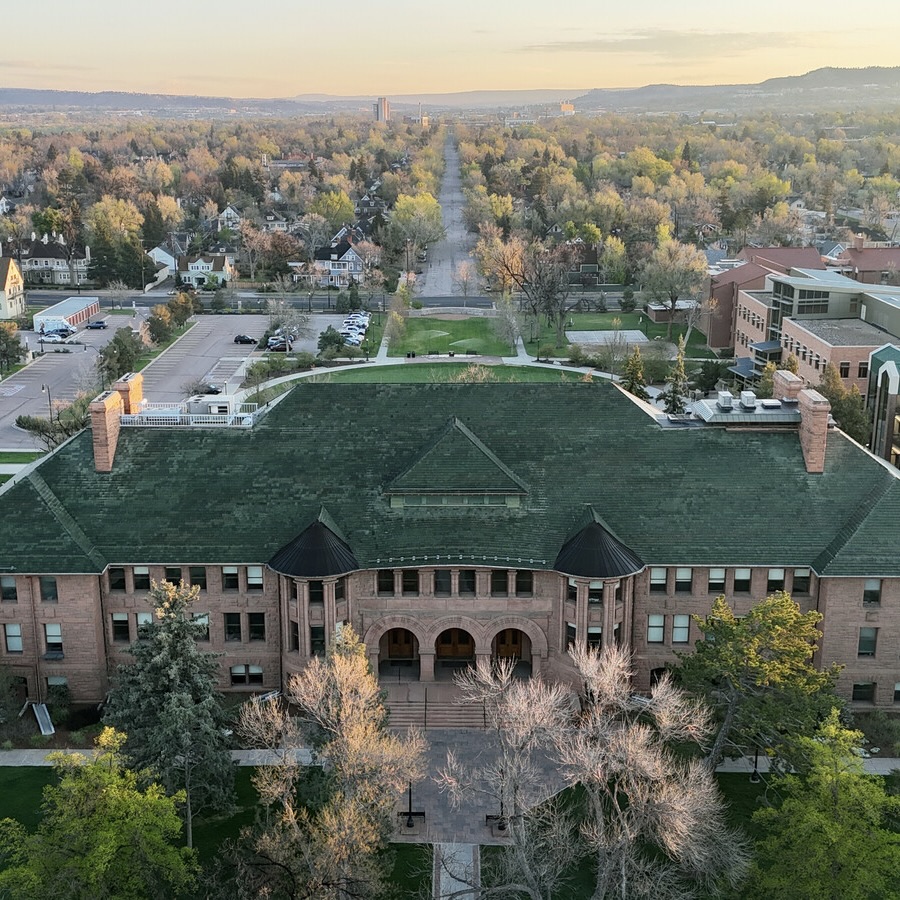Feminist and Gender Studies at Colorado College is proud to share that Associate Professor and Department Chair Dr. Nadia Guessous recently published a new article entitled “Longing Together for a Decolonial Future through the Reclamation of Memory, Care, and Interdependence.” The article is part of a Special Issue of the journal Souffles Monde/Anfas al-‘alam on “Decolonizing Knowledge and Imaginaries in North Africa,” which was curated by the Moroccan writer Driss Ksikes. Souffles Monde/Anfas al-‘alam is a Pan African Journal and Platform that aims to center knowledge from the Global South and to encourage South-South intellectual exchange. The journal follows in the footsteps of Souffles, which fifty years ago, was a flagship journal of the pan-African and Third World Left. As the Souffles Monde Editors describe it, “[f]rom its modest base in Rabat, this cultural review sought to liberate North Africa from colonial paradigms and nativist thinking, and put forth a new discourse of Tri-Continentalism and Afro-Arab cosmopolitanism. The journal would go on to connect a range of discourses and literatures: the editors would put Frantz Fanon and the authors of Présence Africaine into dialogue with Arab nationalist poets, bringing proponents of Third World Cinema into conversation with theorists of the Bolivian and Vietnamese revolutions. For six years, this publication would publish political commentary and literature in French and Arabic.”
Dr. Guessous’ article is a meditation, written in an experimental form, on the challenges and necessities of decolonizing the epistemologies of the Global South. In imagining a decolonial epistemology, she makes at least two sets of interconnected arguments which she also tries to embody through her writing and citational praxis. First, she proposes “that decolonizing the epistemologies of the Global South requires not just decentering the West as the locus of all knowledge, but also a decolonial redefinition of knowledge itself.” Second, she argues that “decolonizing our epistemologies and subjectivities as thinkers from the Global South requires not only an intentional investment in learning from each other and forging intellectual connections between us…. It also necessitates a refusal of the triumphalist story that the West tells about itself, through the cultivation of decolonial citational practices of transnational solidarity that center the insights and experiences of subjugated thinkers within the West itself.”
Professor Guessous wrote this piece in conversation with other North African scholars, thinkers and artists who are part of a transnational decolonial network called “Thinking the Decolonial in North Africa,” of which she has been an active and founding member since 2021. As she describes in her article: “I have come to strongly believe that decolonial work is best practiced collectively and collaboratively in ways that blur some of the boundaries, distinctions, binaries, and hierarchies of colonial modes of knowledge and help us step out of institutionalized structures of knowing (Ksikes 2021) that limit our imagination and keep us trapped in colonial ways of thinking. Doing so can only broaden our understanding of what it means to live, to resist, to learn, and to exist together in this time-space of perpetual wars, genocide, climate catastrophe, and ruthless Western domination. It can also keep us more grounded in an ethical praxis of humility, relationality, and solidarity that is not about individual epistemic ownership or self-gain but decolonial visions of collective liberation, of life lived, and knowledge felt otherwise.”
Congratulations, Professor Guessous!






